A baby bird that does not eat will most likely die! Being a bird parent is a serious responsibility, and one that should not be taken lightly.
Many new baby birds are afraid of people and will not eat from a bowl on the floor. They must be placed into a cage where they feel safer and may eat from a dish on the floor or on a perch, as they would in nature.
There are a lot of reasons a baby bird might not be eating. This article will help you figure out if your baby needs help or if it is okay to wait a day or two.
What Do You Do When a Baby Bird Won’t Eat?
If a baby bird won’t eat, it needs to be hand-fed a nutritious mixture of food. The best food to give a baby bird is a mixture of one part white cornmeal and two parts water. When a baby bird won’t eat, this mixture will have all the necessary proteins and nutrients it needs to get strong and healthy.
To help baby birds and most baby animals start eating and digesting food, be sure to use “milk replacement formulas”. Such formulas contain exactly the same nutrients that they would get from their mothers, in a form they can digest, making them especially helpful when an animal’s mom has died or gonse missing.
How Do You Get a Baby Bird to Eat?
A healthy baby bird needs to eat something rich in protein almost every hour. Offering the right food is critical for a baby bird to grow and develop properly. The best way to get a bird to eat is to feed it one thing at a time. Do not give the baby bird too many different kinds of food at once.
Use a noisemaker to attract a baby bird. If the baby is on the ground, walk with a noisemaker and watch it hop around on the ground instead of flying away. When you have a clear shot with the feeding tube, blow hard into it and insert the tip of the tube into the baby’s beak. Wait patiently for the baby to swallow. It may take several minutes, so keep your head still and your eyes glued on the baby. Do not blow too hard–you want to give the baby a chance to swallow each time before blowing again. Be patient!
Why Did My Baby Bird Stop Eating?
Every parent’s worst nightmare is to see their baby bird stop eating. In some cases, your baby bird won’t eat because he is too hot or cold. In others, the food you are offering may be inappropriate for its age.
Most young birds, especially hand-fed babies, don’t eat for the first few days after they hatch. Knowing what not to do can help your baby bird get eating sooner. If your baby bird isn’t eating after five days, then something needs to change. If your baby bird won’t eat, it isn’t because he doesn’t want to. Your bird is young and impressionable at this stage of life, and he will do everything he can to learn from his parents. Chances are that your feathered friend is simply mimicking what mom and dad do and is waiting for you to provide him with the same food they enjoy.
How Often Do Baby Birds Eat?
Baby birds will eat up to 20 times a day. In the early days of their lives it’s important for baby birds to stay nourished so they can grow big and strong.
Baby birds eat often. They are not able to digest food that is not fresh. Baby birds start feeding themselves soon after hatching. Birds that are fed by their parents for many weeks or months after hatching will continue to be fed for some time after they learn to hunt for food. But if they are taught to eat by their parents, babies can be fed as frequently as every 10 to 15 minutes!
The best way to know when and how often your birds eat is to watch them. However, many birds will show you in what ways they want food by their actions and movements.
How Long Can a Baby Bird Go Without Eating?
The length of time a baby bird can be at risk of dying from starvation depends on his species as well as the stage of development. With proper nutrition, almost any bird can be guaranteed to live a healthy, happy life.
Baby birds will not starve to death if they go a few hours without food. In fact, a bird that receives food too frequently may end up with a variety of health issues including a potbelly, difficulty breathing, and malnutrition. A good rule of thumb is to feed the baby bird at least once an hour for the first day, then release it outside as soon as possible.
The American robin, for example, flits around singing for food throughout the day and can go at least 16 to 18 hours without eating. Other species may not be as flexible. A hummingbird, for instance, eats frequently throughout the day, with his longest fast amounting to only 4 to 5 hours (Hummingbirds Need Food Frequently).
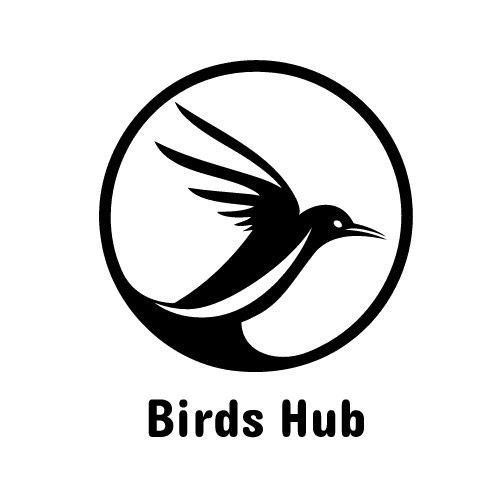
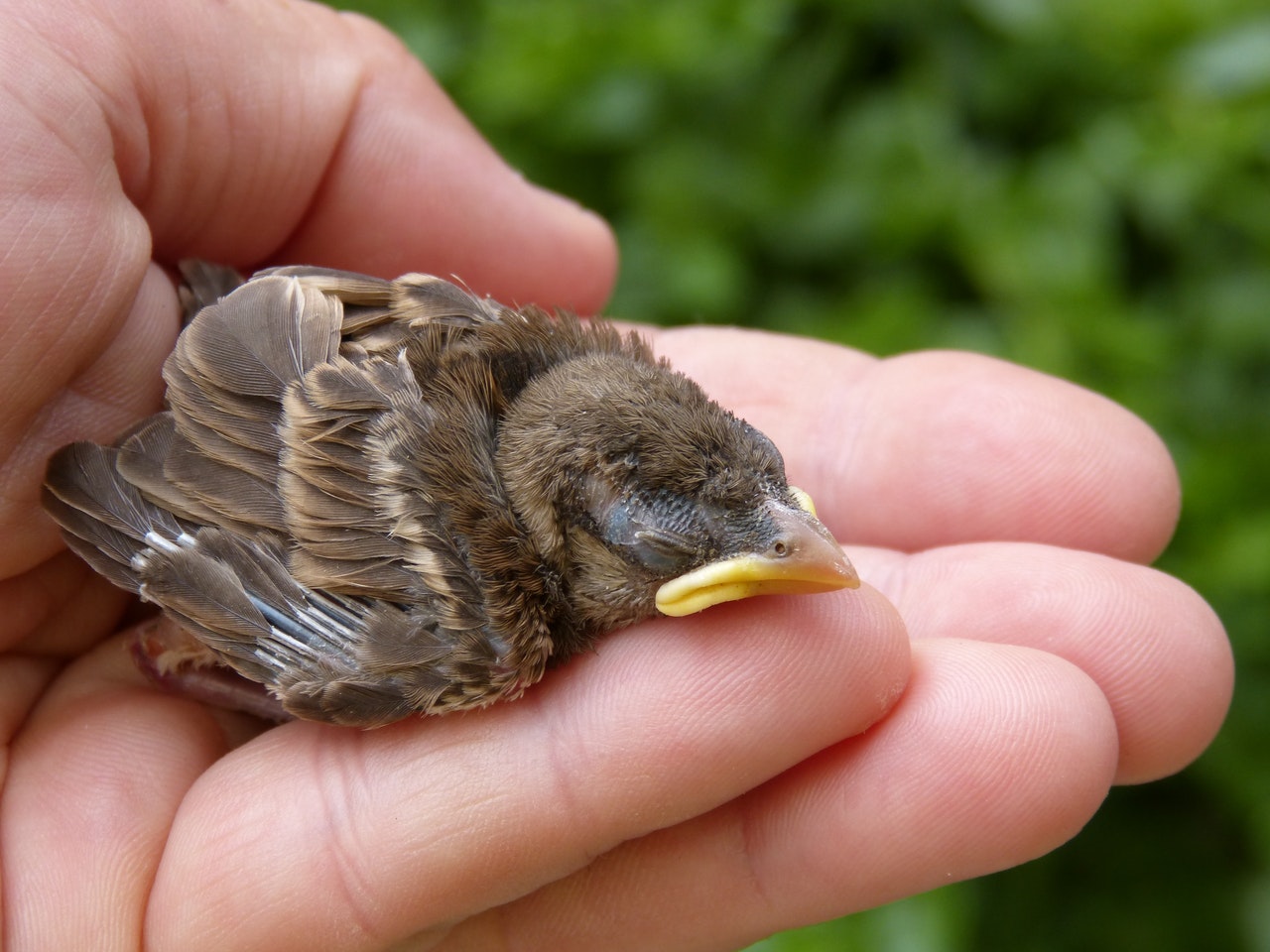
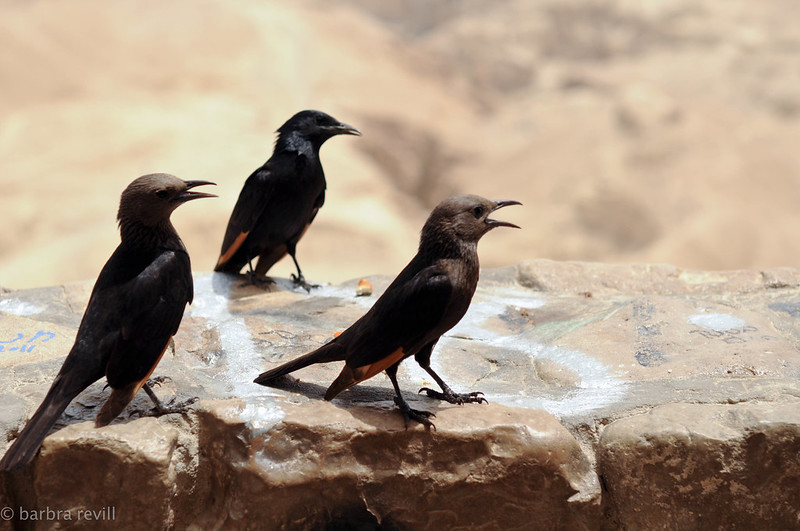
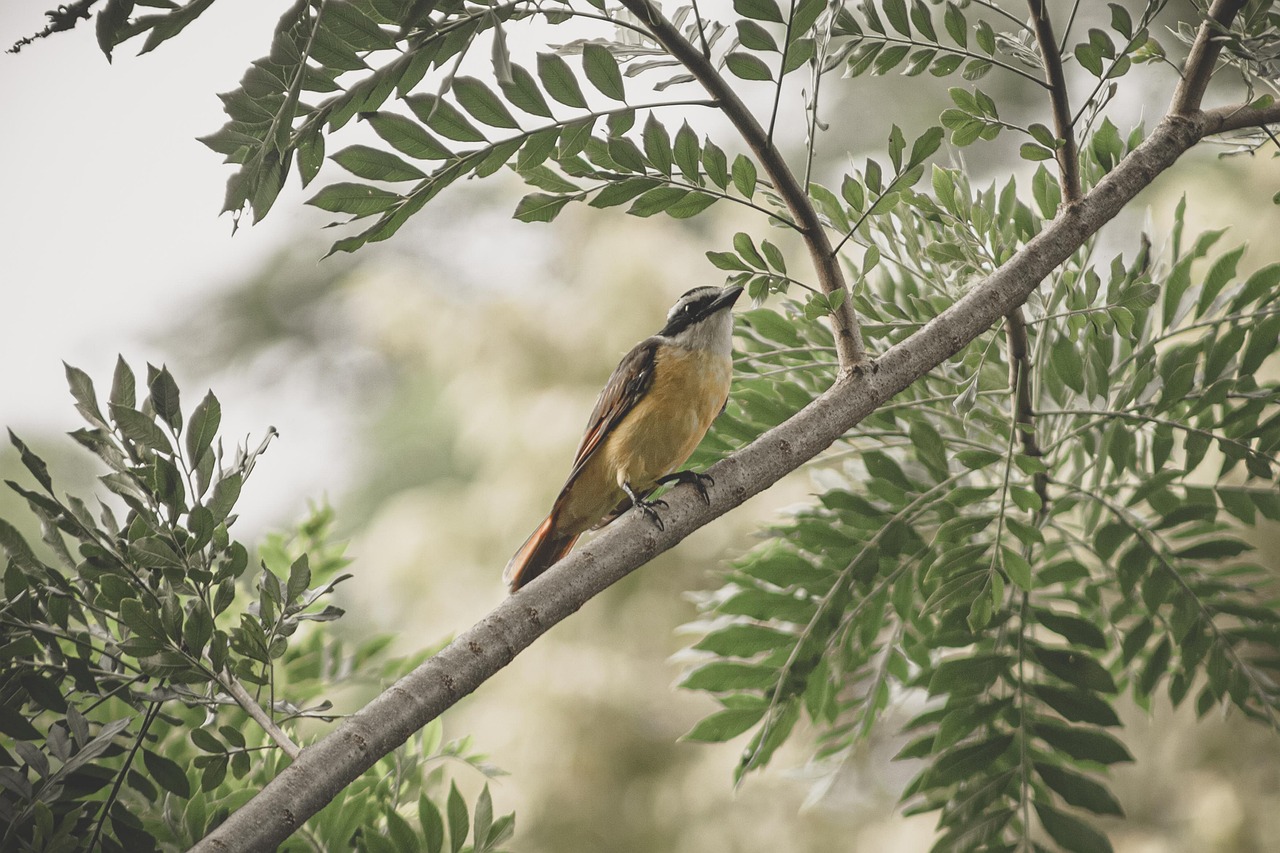
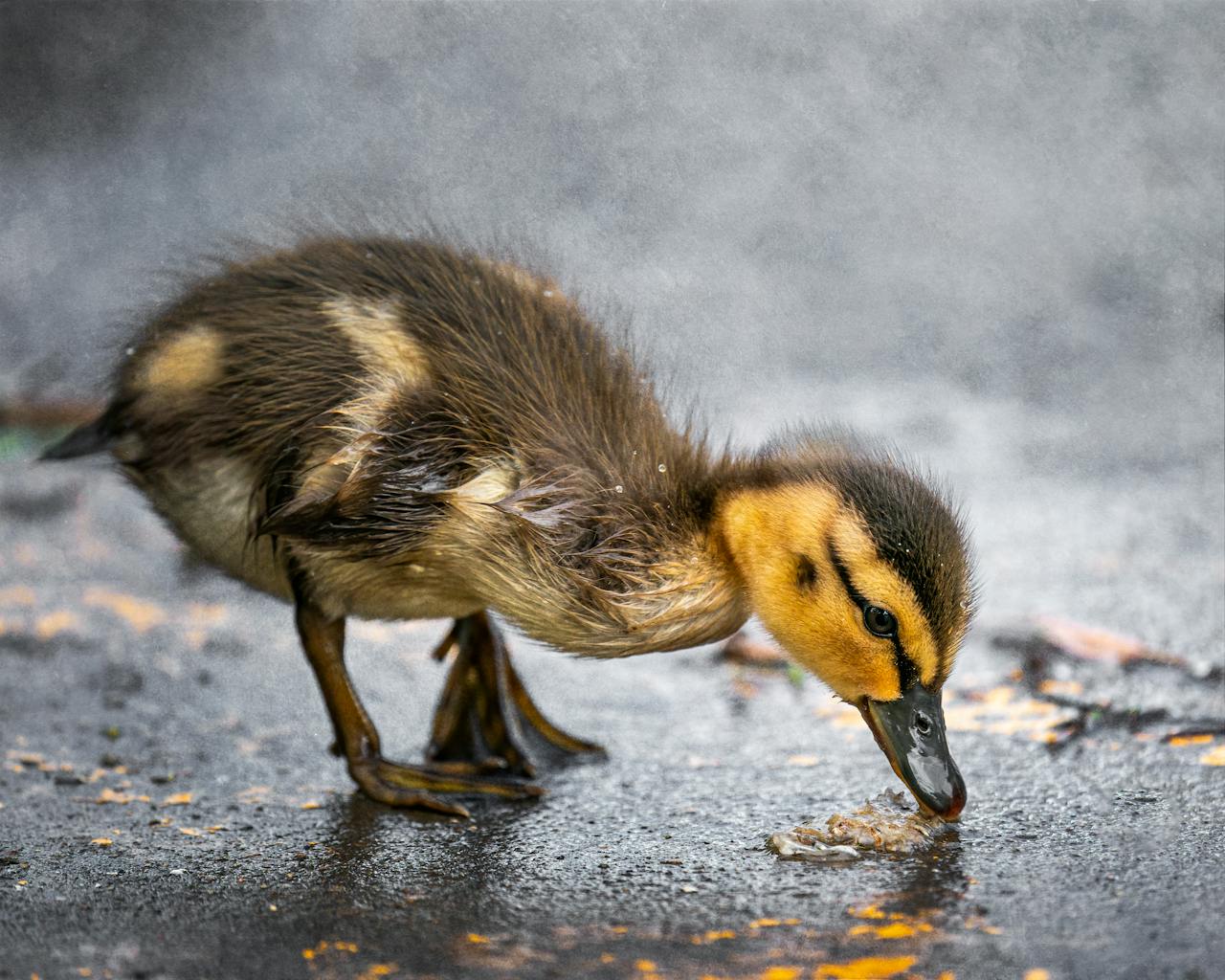
Leave a Reply